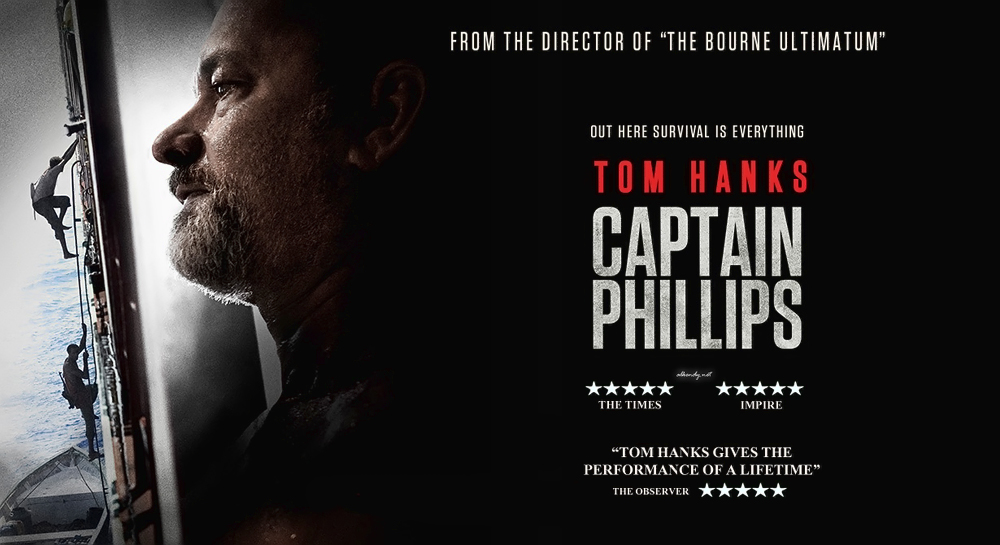I just finished watching Captain Phillips, the true story of the 2009 hijacking of the U.S. container ship Maersk Alabama by a crew of Somali pirates. The movie stars the unmatched Tom Hanks, brilliant here as he always is, as the ill-fated captain. Captain Phillips is beautifully produced and filmed. It presents many attractions for many different audiences. But I want to recommend it highly for a special audience: anyone who cares a whit or two about the plight of poor people, as well as anyone who thinks human life is precious and worth protecting.
CREATION OF WEALTH DOESN’T DEPEND ON GEOGRAPHY
In a riveting exchange, Captain Phillips asks one of the Somali pirates if there is not some better way to make a living than stealing on the high seas and kidnapping innocent people. The Somali pirate responds that maybe in America there’s a better way, but not in Somalia.
Why might that be?
Answer that question, and you’ll discover the almost-magical power of property rights coupled with the rule of stable, knowable laws. You’ll see that with the right kind of political reform, all the economic growth and prosperity that has been possible in America can be possible in Somalia, too. Somalis can invent, innovate, produce, and work, too.
For now, however, the poor in Somalia produce little because any wealth they create or property they earn is very unprotected and likely to be taken away. They settle instead on trying to steal from those people who have produced much—people who enjoy the protection of property rights and the many incentives fueled by that protection.
PREDATOR V. PREY
But the whole theme of the movie is natural fact of predator and prey, and the grossly immoral idea of creating gun-free zones—which is on the high seas, in the case of Captain Phillips
Why, after all, would a handful of tribal Somali thugs with a couple of rickety little skiffs try to hijack a massive, modern, high-tech freight ship? Answer: the ship is a gun-free zone, and everyone knows it.
The international shipping industry seems to stand by the political logic of many Americans: Where there’s much gun violence, the last thing we want is more guns! So if there’s much gun violence in the seas off the Somali coast, then it must be wise to disarm law-abiding cargo ships, right? It’s almost laughable, if only it wasn’t so dangerously wrong.
GUNS SOONER OR LATER
For those who think disarming law-obeying people is the key to dealing with deadly violence, it’s impossible to ignore the great irony of Captain Phillips:
- Question: Who brings the entire hostage episode to a close?
- Answer: The U.S. Navy.
- Question: How?
- Answer: With a whole bunch of big guns!
It’s hard to estimate how many millions of dollars in equipment and manpower the U.S. Navy, and American taxpayers, spent to save Captain Phillips, when the entire incident could have easily been avoided. Had the Maersk Alabama been well-armed, instead of a gun-free zone, the entire hijacking and kidnapping incident likely never would have happened—likely never even would have been attempted by the pirates to begin with. Innocent lives would have been kept out of harm’s way and personal property would have remained safe. And the world would be better for it.
DISARMING THE GOOD ENABLES THE BAD
The inescapable lesson of Captain Phillips seems to be: Enabling and encouraging bad men to do bad things by disarming the good and the innocent is both unnecessarily expensive and morally shameful.

